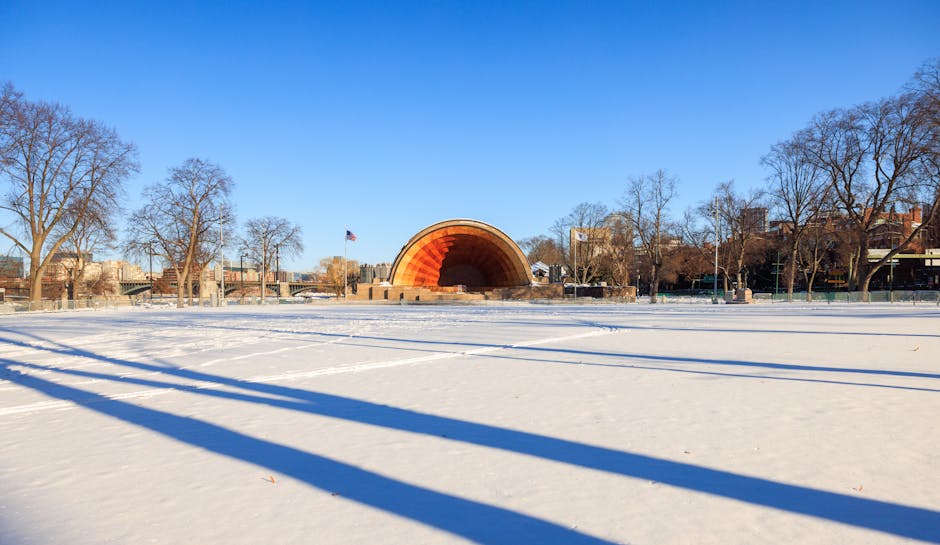Travel, at its core, is an exploration of difference. It’s a chance to encounter diverse perspectives, tastes, and traditions. Yet, this very act of immersion carries with it a significant responsibility. A thoughtful approach to cultural sensitivity is not simply polite; it’s essential for a truly enriching and respectful travel experience. This article delves into the multifaceted importance of cultural sensitivity in the contemporary travel and tourism landscape, arguing for its paramount significance in fostering positive interactions, preserving destinations, and maximizing personal growth.
A fundamental aspect of navigating unfamiliar territories is acknowledging the inherent value of differing customs and belief systems. A tourist approaching a foreign culture with open-mindedness and a genuine desire to understand will invariably find themselves enriched. This proactive engagement transcends superficial interactions, allowing for a deeper connection with the local community and a more profound understanding of the destination. A simple gesture like learning a few basic phrases in the local language, or showing genuine interest in local customs, communicates respect that goes far beyond polished politeness. This respectful approach extends beyond mere greetings; it encompasses appreciating the nuances of dress codes, religious practices, and social etiquette. A tourist who understands that certain clothing choices may be inappropriate in specific cultural settings, or who demonstrates sensitivity to religious holidays, is actively participating in a respectful dialogue. It’s not about imposing one’s own cultural norms, but about recognizing and respecting the inherent value of the host culture.
Furthermore, cultural sensitivity is pivotal in promoting responsible tourism practices. Tourism can be a powerful economic force for communities, often their primary source of revenue. However, if tourists fail to appreciate the intricacies of local customs, or if their behaviour disrupts the fragile equilibrium of the destination, the economic gains may be overshadowed by negative impacts. Activities that are seen as inappropriate, from littering to disrespectful gestures, can cause profound damage to the very essence of the local environment. Disregarding local laws and regulations, while appearing insignificant to individual travellers, collectively can cause considerable stress to local businesses and infrastructure. A mindful tourist is an active participant in preserving the unique character of the destination, fostering sustainable relationships between visitor and host.
The evolving travel landscape demands a more profound and conscious engagement with cultural understanding. Social media has amplified the immediacy of travel experiences, and with this comes the necessity for careful navigation of digital engagement. Sharing photos and stories online should be approached with consideration. Inappropriate depictions of cultural practices or insensitive comments can have far-reaching consequences, potentially undermining the very community the traveller hopes to experience. The awareness of one’s online presence is as crucial as in-person interactions, ensuring that digital footprints align with the principles of respect and sensitivity.
Beyond the immediate social interactions, cultural awareness is integral to a fulfilling travel experience. A tourist’s perspective can be profoundly enriched by active engagement with the arts, history, and traditions of a locale. Local museums, historical sites, and cultural performances are gateways to unlocking the stories and nuances that shape a destination’s unique identity. An active effort to seek out these experiences fosters understanding beyond superficial observations, resulting in a more comprehensive and rewarding journey. It’s not merely about sightseeing but about truly appreciating the depth and breadth of the local culture.
Critically, cultural sensitivity extends beyond merely observing customs; it necessitates a deep introspection on the traveller’s own biases and assumptions. It’s crucial to recognize one’s own cultural conditioning and to avoid imposing those values onto others. This journey of self-awareness allows the traveller to engage with different perspectives in a more nuanced and thoughtful manner. A crucial aspect of travel, encompassing cultural interactions, is recognizing and mitigating potential misunderstandings arising from language barriers, differing communication styles, or contrasting worldviews. This understanding allows tourists to avoid unintentionally causing offence or participating in exploitative situations.
Tourism’s future hinges on a conscious effort from both travellers and host communities to cultivate and uphold cultural sensitivity. Educational initiatives and cultural exchange programs can further bolster understanding between individuals. By providing travelers with opportunities to learn about diverse cultures before, during, and after their trips, these initiatives foster a greater appreciation and deeper understanding, thereby mitigating potential conflicts. Likewise, engaging with local communities directly provides valuable insight into the challenges and complexities faced by the host population. A deeper engagement with the local people not only enhances the travel experience but also builds a bridge of understanding, strengthening the bond between the visitor and the community.
In conclusion, cultural sensitivity isn’t an optional accessory for the modern traveller; it’s a fundamental necessity. By embracing the value of different cultures, engaging respectfully with local communities, and reflecting on one’s own biases, travellers can not only enrich their own journeys but also contribute to a more sustainable and respectful global environment. This act of consideration creates a positive ripple effect, fostering understanding and appreciation between nations and cultures, paving the way for a more harmonious world, one trip at a time.
